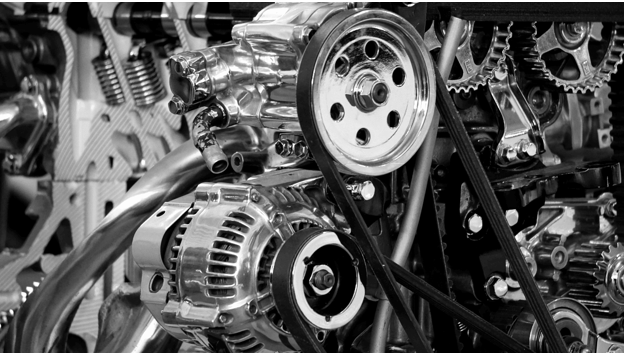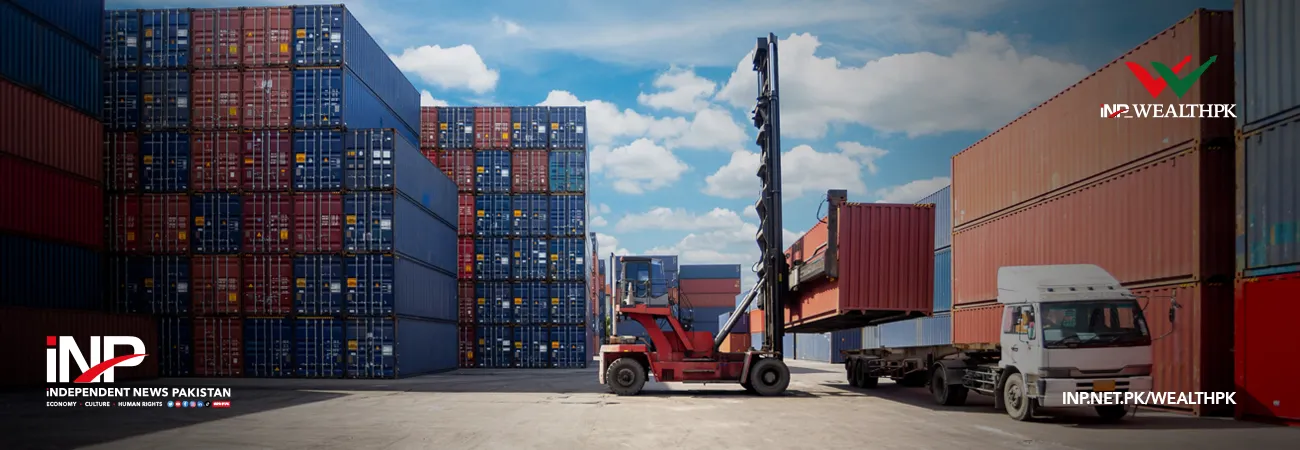INP-WealthPk
Muhammad Saleem
Allowing Small and Medium Enterprises (SMEs) to import used machinery can help boost production and avoid the high costs associated with purchasing new equipment. Speaking to WealthPK, Rehan Naseem, President of the Faisalabad Chamber of Commerce & Industry (FCCI), said that although the State Bank of Pakistan (SBP) has rolled out subsidised loans for the SME sector, a major roadblock remains — SMEs are not allowed to import used machinery under this scheme.
He pointed out that SMEs, already operating on a shoestring budget, cannot afford to purchase expensive new air jet or Sulzer power looms. Naseem said that Faisalabad, being the backbone of Pakistan’s textile sector, is home to many power loom operators eager to expand their operations. “However, they lack the deep pockets needed for such investments.”
“In developed countries, machinery is often retired after just a few years, yet it can still be effectively reused in Pakistan for decades — ensuring better quality and higher production without breaking the bank. Allowing the import of used machinery for SMEs — particularly in the textile and manufacturing sectors — could help overcome the high cost of new equipment,” he said.
Naseem urged the SBP to launch a widespread awareness campaign so that entrepreneurs fully understand the benefits of the concessional financing schemes. In addition, he called on the SBP to raise the loan cap for women entrepreneurs from Rs5 million to Rs10 million to promote equal opportunity. Shafaqat Ahmed, a power loom owner, while talking to WealthPK, said that importing used machinery from developed nations for SMEs holds great promise for Pakistan's industrial sector.
However, he emphasised that success hinges on careful planning, quality assurance, and supportive infrastructure. He pointed out that small businesses looking to scale up their operations are unable to install the latest machinery due to high costs and limited financial resources. “It would be a blessing for SMEs if they are supported and allowed to buy reliable used machinery at significantly lower prices,” he added. Ahmed said this strategy could help create jobs and boost the struggling economy.
However, he warned of potential downsides. He cautioned that unscrupulous elements might take advantage of the situation and use Pakistan as a dumping ground for old or inefficient machinery. “The shenanigans of such actors could cause problems in the adoption of advanced technologies.” “A proper vetting process to assess the quality and expected lifespan of used machinery must be ensured before it lands in Pakistan,” he suggested.
Tariq Mehmood, a machinery supervisor at a paper factory, highlighted the drawbacks of using old machinery, saying that SMEs may struggle with technical challenges associated with outdated equipment. He opined that it would be difficult to ensure proper maintenance, and the availability of spare parts for imported used machinery might be minimal. Though he agreed that used machinery may be cost-effective in the short run, he stressed that its long-term viability depends on a number of factors.
Many older machines, he noted, have discontinued parts, which makes them hard and costly to repair for small businesses. Additionally, he said, finding skilled technicians familiar with foreign machinery would be a daunting task. Besides, he said, used machines tend to consume more power, significantly increasing operational costs.

Credit: INP-WealthPk













